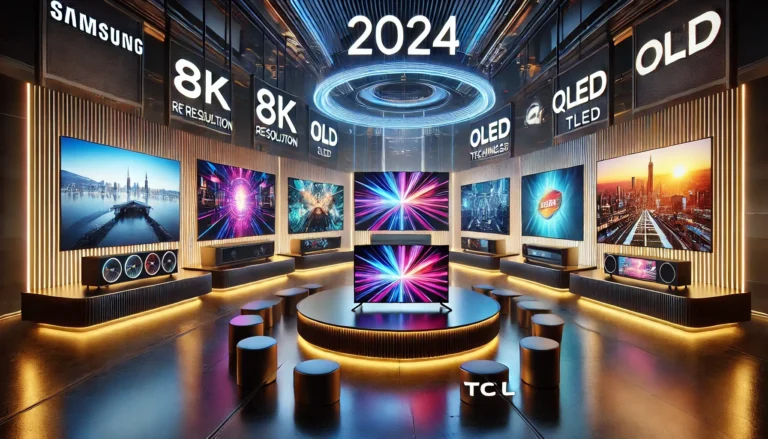Did Heidegger Say Technology is the Ultimate Danger?
Martin Heidegger, one of the most influential philosophers of the 20th century, explored the essence of technology in his seminal work The Question concerning technology. His ideas have sparked extensive discussions and debates in philosophy, ethics, and technology studies.
One of the most commonly attributed claims is that Heidegger regarded technology as “the ultimate danger.” But is this characterization accurate? To unpack this, we need to delve into Heidegger’s thoughts on technology, its essence, and its relationship to humanity and being.
Heidegger’s Conception of Technology
1. Distinguishing Technology from Its Essence
Heidegger’s analysis begins by distinguishing between the common understanding of technology as a tool and its deeper essence. In his view, technology is not merely a collection of machines or instruments; it represents a way of revealing or understanding the world.
- Tech as a Mode of Revealing: Heidegger identifies tech as a form of “revealing” (aletheia), a process through which truth emerges. In traditional crafts, this revealing respects the natural order, allowing nature to disclose itself in harmony with human activity.
- Modern Technology and Enframing: Modern technology, however, operates differently. Heidegger introduces the concept of Gestell (enframing) to describe how technology imposes a systematic, utilitarian framework on the world, reducing it to a mere “standing reserve” (Bestand) of resources available for exploitation.
2. The Shift to Instrumental Rationality
Modern tech’s enframing mindset transforms everything-nature, people, and even knowledge-into resources to be optimized and controlled. This reductionist view estranges humanity from a more authentic relationship with being. For Heidegger, this instrumental rationality is not neutral; it shapes and limits how we interact with and understand the world.
Tech as a Danger
Heidegger’s discussion of technology as a danger arises from this enframing worldview.
1. Tech’s Threat to Being
- Forgetting of Being: The ultimate danger, according to Heidegger, is not technology itself but the way it causes humanity to forget its essence and its connection to being. Enframing blinds us to alternative ways of understanding and experiencing the world.
- Reduction of Humanity: When humans adopt the same enframing mindset, they risk seeing themselves as mere resources, further alienating them from their true nature.
2. Self-Reinforcing Cycle
Modern tech perpetuates its worldview by reinforcing the illusion that it is the only valid perspective. This cycle makes it increasingly difficult to question or escape its dominance, posing a profound existential risk.
3. Loss of Freedom
Heidegger argues that enframing restricts human freedom by precluding other modes of revealing and ways of being. True freedom, for Heidegger, lies in the ability to respond authentically to being, which enframing undermines.
The “Saving Power”
Interestingly, Heidegger’s critique of technology is not entirely pessimistic. He asserts that the danger posed by technology also contains a “saving power.”
- Recognition of Enframing: By recognizing enframing as a mode of revealing, humanity can begin to question and transcend its dominance.
- Alternative Modes of Revealing: Heidegger points to art and poetry as examples of non-instrumental modes of revealing that can restore a more authentic relationship with being.
- Releasement: Heidegger introduces the concept of Gelassenheit (releasement), a meditative openness to being that resists the totalizing grip of enframing.
Did Heidegger Call Technology the Ultimate Danger?
While Heidegger identified the dangers of tech, it is an oversimplification to claim that he labeled tech itself as the “ultimate danger.” Rather, the danger lies in humanity’s uncritical embrace of enframing and its estrangement from being.
Key Points to Clarify:
- Not Technology per se: Heidegger’s critique is directed at the essence of modern tech-enframing-not the tools and machines themselves.
- Human Agency: The danger arises from how humans relate to and use technology. It is our mindset, shaped by enframing, that poses the real threat.
- Potential for Redemption: Heidegger’s philosophy also emphasizes the potential to overcome this danger by reorienting our relationship with tech and being.
Contemporary Relevance of Heidegger’s Ideas
Heidegger’s insights remain highly relevant in today’s tech-driven world. From artificial intelligence to environmental degradation, the challenges posed by modern technology often echo his concerns about enframing and the loss of authenticity.
1. Digital Enframing
The digital age exemplifies enframing on a massive scale. Algorithms, data analytics, and automation increasingly define how we perceive and interact with the world.
- Surveillance and Control: The commodification of data mirrors Heidegger’s “standing reserve” concept, where personal information becomes a resource to be exploited.
- Echo Chambers: The algorithmic shaping of online experiences reinforces Heidegger’s warning about self-reinforcing technological systems.
2. Environmental Concerns
The exploitation of natural resources through modern technology aligns with Heidegger’s critique of enframing. Addressing climate change requires rethinking our technological mindset and embracing more sustainable ways of living.
3. Ethical Considerations in AI
The rise of artificial intelligence and machine learning raises questions about humanity’s role and responsibility in shaping technology’s future. Heidegger’s emphasis on questioning and releasement offers a valuable framework for navigating these challenges.
Conclusion
Martin Heidegger’s philosophy offers a profound critique of modern tech, emphasizing the dangers of enframing and the loss of authentic being. However, he does not simply condemn tech as the “ultimate danger.” Instead, he challenges humanity to confront its relationship with tech, recognizing both its risks and its potential for redemption.
By cultivating a more thoughtful and authentic engagement with tech, we can uncover the saving power within the danger and rediscover our connection to being. Heidegger’s insights remain a crucial guide for navigating the complexities of the technological age.
For More Information, Check out NetworkForbe






